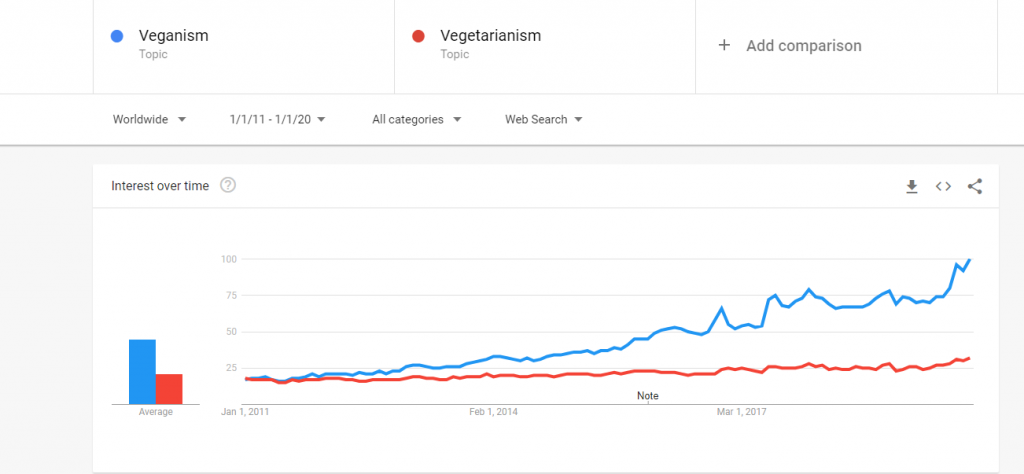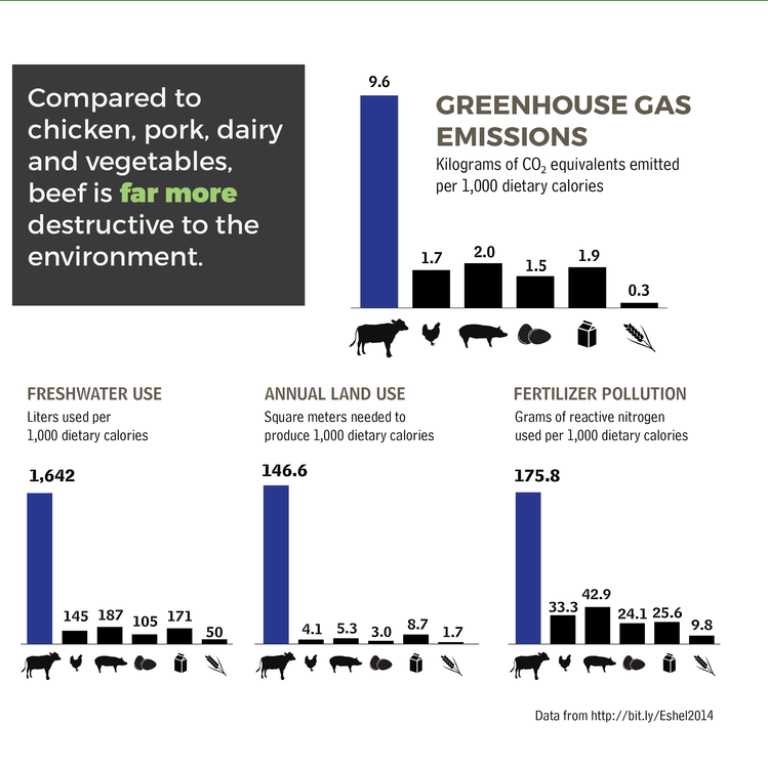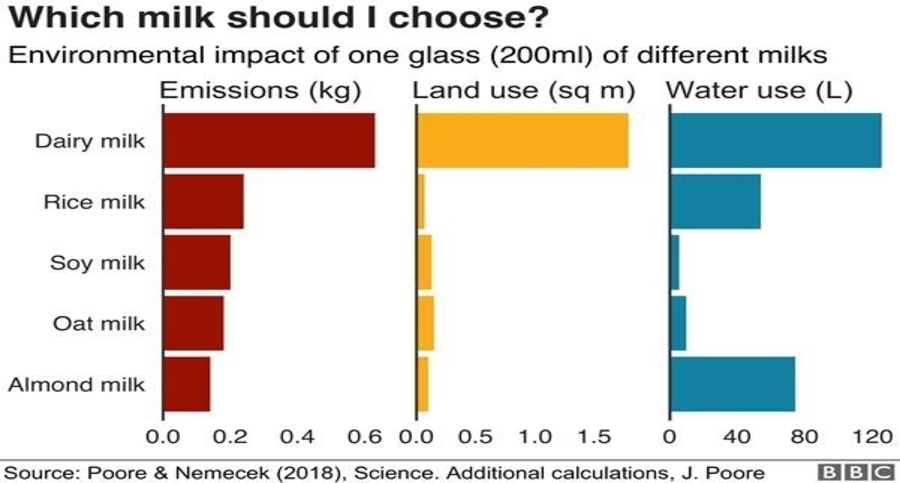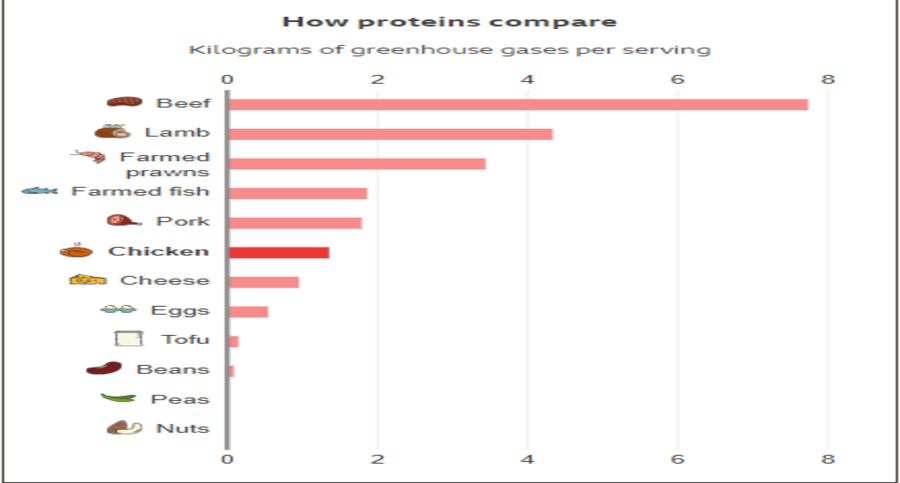Veganism – A Rising Trend
Veganism has been continually on the rise during the past decade. For example, in the UK alone, the number of vegans has risen from 276,000 in 2016 to 600,000 in 2019, while in Europe, the vegan population has doubled to 2.6 million between 2016 and 2020. Similarly, in Australia, there are about 400,000 to 500,000 vegans, while in the US, that number is has reached approximately 9.6 million.
The interest in Veganuary is also at an all-time high. This is the month where people pledge to avoid all animal-derived food. Ever since its inception in 2014, its popularity has been growing. The campaign has also reached 1 million participants in October 2020, while in 2021, a record-breaking 500,000 people have signed up thus far.
When taking a quick look at Google Trends, we can see that veganism-related searches have been rapidly increasing in the past decade.

Among the many reasons that drive people to go vegan, the aspects of health, animal welfare, and the environment are some of the most popular. Whilst the first two reasons are fairly obvious, why is the third reason valid?
Veganism Is Sustainable – Fact or Fad?
To settle the debate, let’s look at some statistics that compare animal and vegan products.
Here’s an infographic that compares greenhouse gas emissions, land use, and water use in terms of different food products.

Here’s another chart comparing the different types of milk and their environmental impact.

Now, let’s compare the different forms of protein.

All the above comparisons point to one conclusion, which is that veganism is sustainable and environmentally-friendly. It is a much greener option than eating animal products. In fact, if everyone in the world were to become vegan, food-related carbon emissions would decrease by 70% by 2050.
The Future of the Meat Industry
The Centre for Sustainable Systems has also reported that animal products, including meat, dairy, eggs, seafood are responsible for almost 84% of greenhouse gas emissions per serving, which reflects a high carbon footprint. In addition, veganism seems like it’s the most sustainable option to reduce the global food impact on the environment, which leaves our meat-loving population in a lurch. Having said that, there is an alternative.
In a 2013 report, the world’s first lab-grown burger, costing $330,000 was eaten. In 2017, a San Francisco start-up created the first lab-grown chicken. While the technology is still in its infancy, it provides an appealing alternative for environmentally-conscious meat-lovers. Still, there is much to be discovered regarding the environmental impacts of lab-grown food, where some scientists have claimed they could even worsen the effects of climate change. However, until lab-grown food becomes the norm, veganism is still the most environmentally sustainable food diet.
Conclusion
To conclude, veganism is sustainable. At least, its greenhouse gas emissions are lower than other food options. With lab-grown food picking up the pace, its environmental impact is still unclear. However, it could provide a more sustainable alternative to the traditional meat industry. Hence, a combination of vegan and lab-grown food could be the approach that the world can adopt. Nevertheless, we cannot know for sure whether lab-grown food is worth the effort until it becomes commercial and widespread, whilst measuring its environmental and social impacts.
At present, we need to measure the social and environmental impacts of businesses in the food industry, in which a tool would measures how environmentally-friendly businesses are. THRIVE provides that tool, where we measure what matters most for our sustainability and for our green future. Joining the THRIVE movement is a small step towards a greener, more sustainable future.
References
BBC, 2013. Science: BBC. [Online]
Available at: https://www.bbc.com/news/science-environment-23576143
Garfield, L., 2017. Business Insider. [Online]
Available at: https://www.businessinsider.com.au/memphis-meats-chicken-lab-grown-2017-3?r=US&IR=T
Kirkwood, B., 2020. Vegan News. [Online]
Available at: https://vegannews.press/2020/03/06/vegan-america-study/
LOTP, 2020. LOTP. [Online]
Available at: https://www.lifeonthepass.com/featured/the-rise-of-veganism-in-australia/
The Vegan Society, 2020. The Vegan Society. [Online]
Available at: https://www.vegansociety.com/news/media/statistics
University of Oxford, 2016. University of Oxford. [Online]
Available at: https://www.ox.ac.uk/news/2016-03-22-veggie-based-diets-could-save-8-million-lives-2050-and-cut-global-warming
Vegan Food and Living, 2020. Vegan Food and Living. [Online]
Available at: https://www.veganfoodandliving.com/news/the-number-of-vegans-in-europe-has-doubled-in-four-years/


Pingback: Top 5 Affordable Ways to Healthy Living and How to Stop Procrastinating - THRIVE blog
Pingback: Global warming: what is it and how do we stop it - THRIVE blog
Pingback: Methane in our food value chain: What can we do about it? - THRIVE blog
Comments are closed.